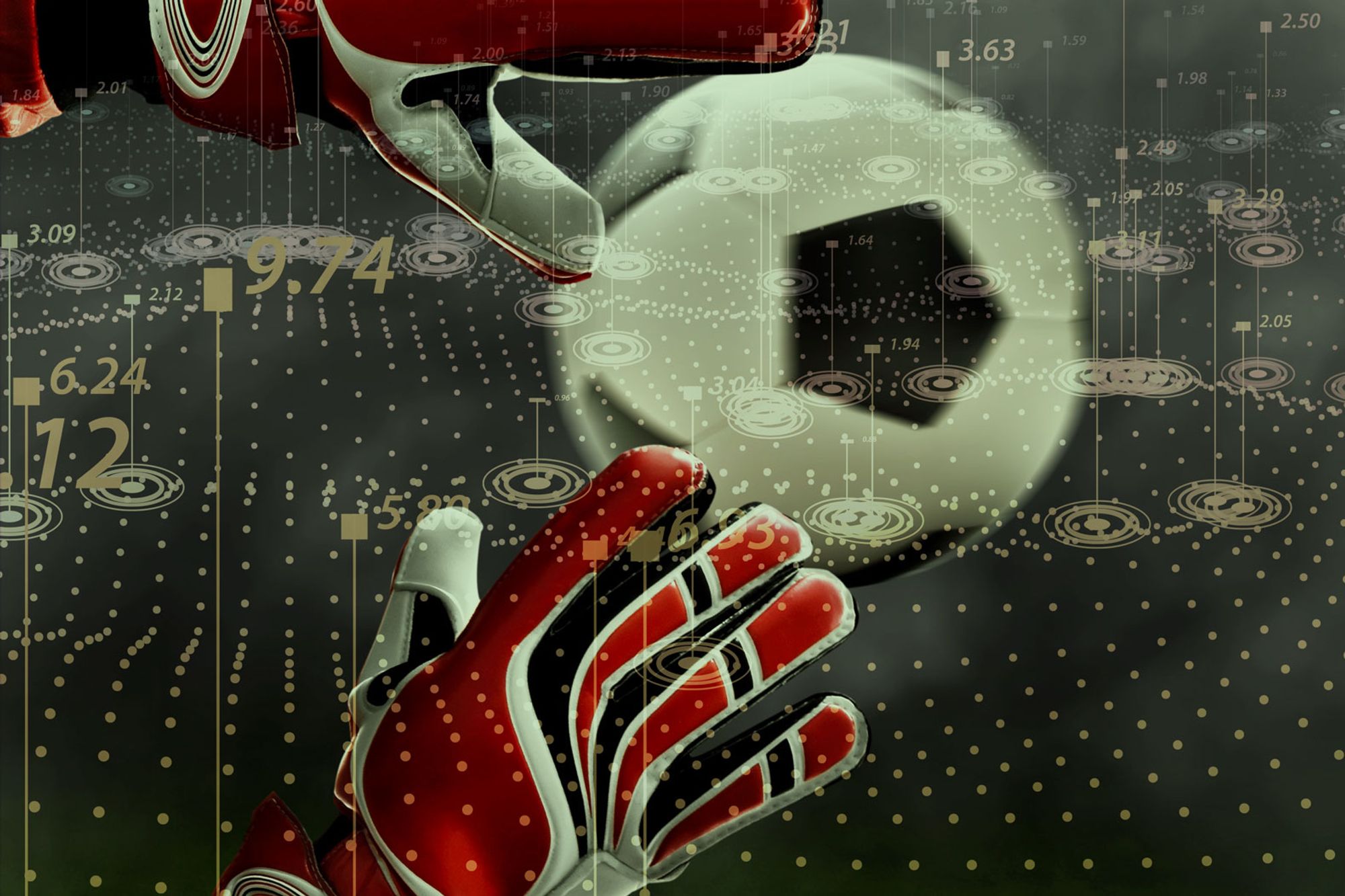
The challenges of goalkeeper analysis in the face of limited resources
Amine El Assouri, Keeper In Motion
Faced with the obstacles encountered in goalkeeper evaluation, due to a crying lack of resources and adapted tools, this article looks at innovative solutions to transcend these limitations. We explore technological advances and methodological approaches that are revolutionizing performance analysis, offering coaches and teams the means to refine their strategies. From the integration of artificial intelligence to new coaching practices, how the world of soccer is adapting to develop talent behind the goal with greater efficiency and precision.
Current limitations
The evaluation of goalkeepers in soccer faces significant challenges. There is a lack of detailed statistics to truly understand their performance, special tools to analyze them correctly, and recognition of their crucial psychological and tactical role. The usual figures, such as the number of goals conceded or saves made, do not show everything they contribute to their team. This situation often leads us to judge their work subjectively, without being able to accurately measure their impact. This highlights the need to improve the way we analyze goalkeepers, to better recognize their essential contribution to the game.
Technological innovations and advanced training methodologies
The technological revolution, coupled with innovative training methodologies, is opening up new perspectives for the analysis and development of goalkeepers. Advanced analysis software, drawing on artificial intelligence and machine learning, offers a finer, more detailed assessment of performance, deciphering hours of play to identify patterns of behavior, assess decision-making and predict opponents’ actions. This approach provides a wealth of previously unattainable data, enabling a deeper understanding of the nuances of the goalkeeper’s role. At the same time, the evolution of training methodologies, integrating scientific data to personalize training, accentuates the importance of specific skills. The use of virtual reality to recreate real-life game situations enriches the learning experience, making goalkeeper training both immersive and interactive. Together, these technological and methodological advances are transforming the way goalkeepers are trained and assessed, promising a significant improvement in their skills and performance.
Future prospects
The future of goalkeeping analysis looks bright, with the increasing integration of data analysis and immersive technologies into training and assessment routines. This evolution is bound to improve understanding of goalkeeper performance and contribute to the development of exceptional talent. With these tools at their disposal, coaches can now adopt a more scientific and personalized approach, paving the way for new strategies to maximize their goalkeepers’ potential.
Conclusion
Goalkeeper analysis is undergoing a major transformation, evolving from an often rudimentary assessment to a discipline rich in precise data and insights. Despite the challenges posed by the limitations of traditional resources, technological and methodological innovations are opening up new avenues for more comprehensive and nuanced assessment. These advances promise not only to improve the individual performance of goalkeepers, but also to raise the standard of the game as a whole, testifying to the growing importance of analysis in modern soccer.
